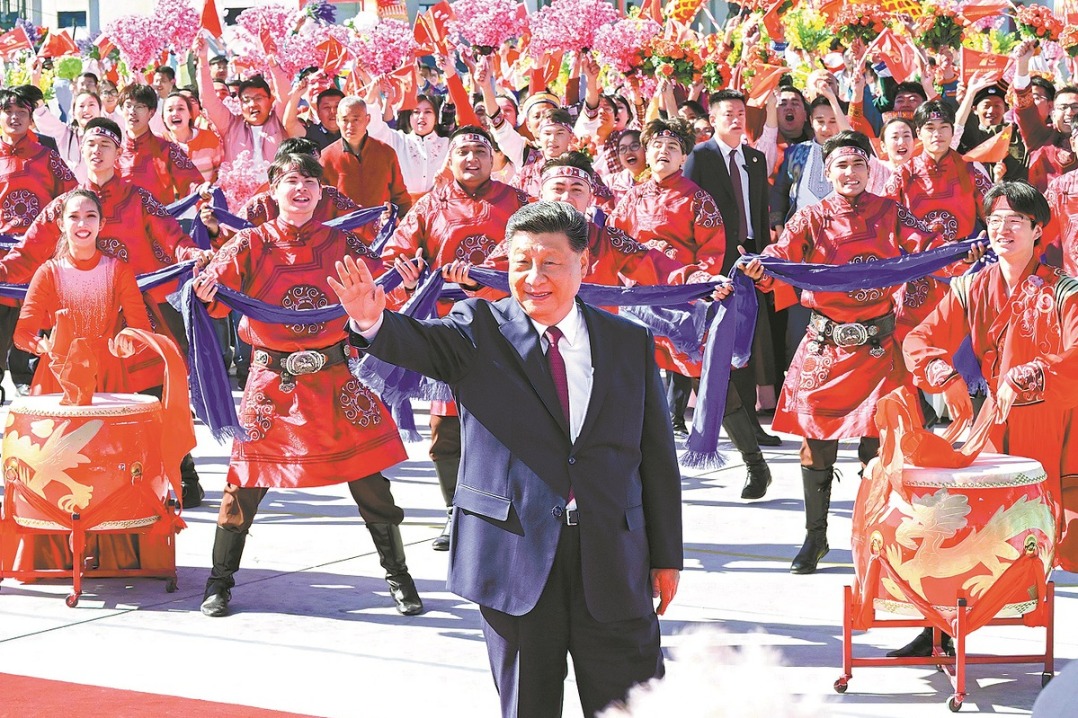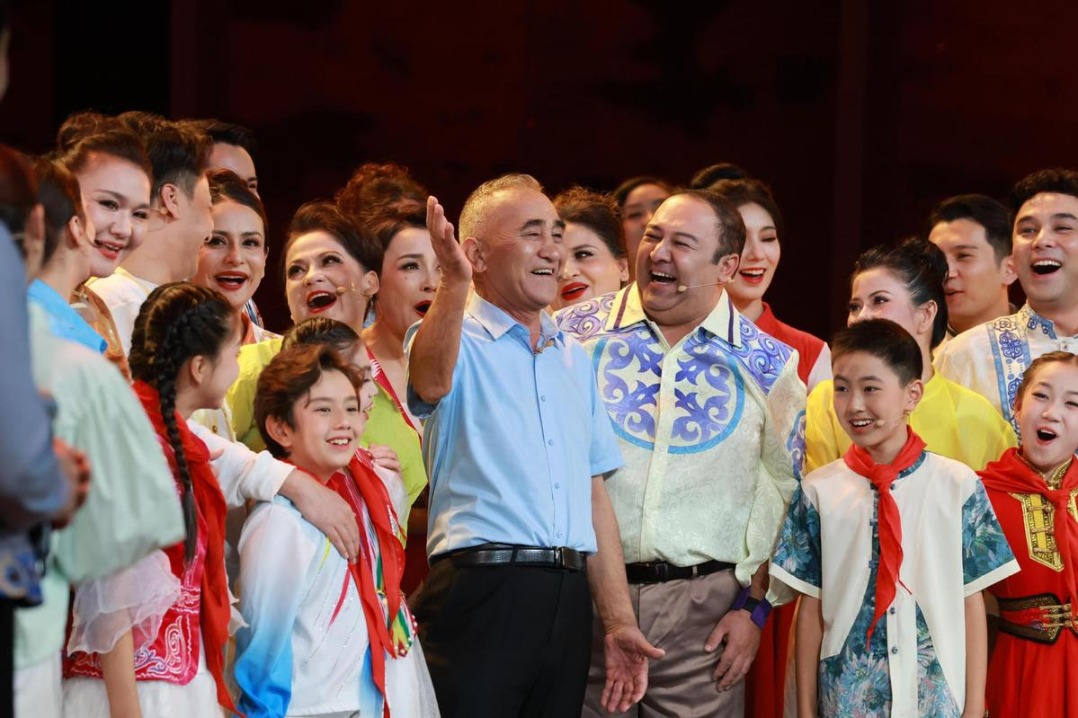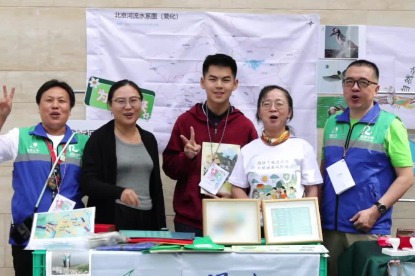Shanghai University leads global initiative


Marco A Suazo Fernandez, director of the UNITAR-NYO, highlighted the importance of aligning technological progress with human-centered values, as called for in the UN's 2030 Agenda for Sustainable Development and the Compact of Future. He expressed strong support for both initiatives, viewing them as exemplary models for youth empowerment and multilateral cooperation.
The conference attracted participation from international academia. Amine Mechaal, executive director of global affairs at teachers college, Columbia University, shared their experiences in international education and STEM teaching. He expressed Columbia's willingness to collaborate with Shanghai University in developing an open and accessible international think tank for science and innovation education.
Addressing the challenges and opportunities of AI in education, representatives from Shanghai institute of science and innovation education emphasized the importance of balanced AI integration in learning. "While we must provide early exposure to AI and new technologies," Zhang Yinan said, "we have to ensure that AI serves as a tool for enhancing creativity rather than creating dependency for the young generation."
The conference also featured presentations from various experts, including Christopher Moffett and Prem Bahadur Phyak from Columbia University, who discussed different aspects of science and innovation education. Amaj Rahimi Midani, an environmental science researcher, presented on harnessing innovation for sustainable educational development.
- Shanghai University leads global initiative
- NHSA releases new guidelines for long-term care insurance services
- Three trapped after coal mine accident in Northwest China
- 10th China Intl Copyright Expo set to open in Qingdao
- Three cleaners killed by train on Shaoxing metro line
- 2025 Confucius Cultural Festival: 1 day to go!




































